

SDG 3 – Renewal of Body and Spirit -By Dr. Eitan Eliram Lead Innovation Strategist- Feb 2024
Good Health and Well-Being SDG 3 – Renewal of Body and Spirit Like all the survivors of the October 7 Hamas massacre, those who lived

When it comes to good health and well-being, Israel earns top marks. The proof is in the country’s low infant mortality rate (3.6 per 1,000 live births in 2010) and long life expectancy (81.5 years, the average in 2010). According to Bloomberg’s Global Health Index in 2015, Israel ranked number six of the healthiest countries in the world. It was the only Middle East country to appear in the top 10, and even ranked higher than the United States, Australia, Germany, Switzerland, Japan, Sweden, and U.K. In 2017, Israel was ranked as the ninth healthiest country in the world.


Israel’s healthcare system is based on the tenet of Public Health, which subscribes to the health needs of society as a whole, and not just the needs of the individual. In Israel, public healthcare for all, from infancy to old age, is mandated by law. Israel also spends quite generously on its healthcare. In the 19th century, clinics were opened to Israel to combat rampant diseases. These clinics expanded to ultimately become the hospitals that exist in Israel today
Israel’s extensive medical network is comprised of hospitals, outpatient clinics, and centers for preventive medicine and rehabilitation. Hospital care includes highly advanced procedures and techniques, from in vitro fertilization, MRI scans, and complicated brain surgery to bone marrow and organ transplants. Mother-and-child care centers, for women during pregnancy and children from birth to early childhood, offer prenatal examinations, early detection of mental and physical handicaps, immunizations, regular pediatric check-ups, and health education.
Israel’s emergency medical service, Magen David Adom, provides a public ambulance service, first aid stations, a nationwide blood donor program, blood banks, and first aid courses. MDA operates primarily with the help of 10,000 volunteers, many of them high school students.
The vast majority of the Israeli population is insured by one of four existing health funds that offer day-to-day consultations with doctors and specialists, and insure members for hospitalization.
But modern healthcare facilities and big spending only go so far in keeping Israel healthy: Health education programs are widely used to combat smoking and overeating and encourage physical exercise. Safe driving campaigns have become a regular aspect of daily life. To combat pollution of its coastlines, Israel has adopted a multifaceted program of legislation, enforcement, beach and shore clean-up. Treating wastewater has also become a priority in order to protect public health and provide an additional water source of agricultural irrigation.
Even when Israel was still a fledgling country, it made a commitment to share its experience in the area of public health with other developing nations. Its achievements and solutions have been offered in areas such as mother and child health, the reduction of infant mortality and the prevention and reduction of communicable diseases and the eradication of endemic diseases like malaria. To this end Israel created MASHAV – the center for International Cooperation of the Ministry of Foreign Affairs. Health professionals from around the world receive training from MASHAV to help them handle public health problems in their own countries.
But there is still one more component in the story of Israel’s healthcare success: Happiness. According to the 2018 World Happiness Report, Israel was ranked as the 11th happiest nation in the world. A happier nation is a healthier nation. A toast to Israel’s health and happiness!


Good Health and Well-Being SDG 3 – Renewal of Body and Spirit Like all the survivors of the October 7 Hamas massacre, those who lived


Good Health and Well-Being SDG 3 – Treating Children Out of Captivity The burden on Israeli authorities entrusted with the medical repatriation of mothers and


Good Health and Well-Being SDG 3 – Resilience As Israel grieves, its people are standing up during these most difficult of hours to help those in need –


Good Health and Well-Being SDG 3 – At Least We Have our Health In Israel – we’re guessing in other places, too – when things
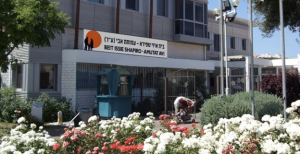

Reduced Inequalities Part of achieving the UN’s Sustainable Development Goal of Good Health and WellBeing (SDG-3) also means creating societies in which those with disabilities,
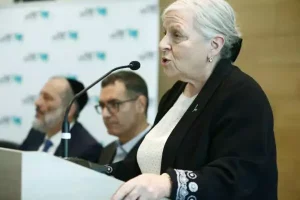

Good Health and Well-Being SDG 3 – Responsibility for our Seniors As far as we can tell, Israel’s new Government has yet to stabilize –


Good Health and Well-Being Healing Through Hibuki When it comes to helping children deal with trauma, even stuffed animals can have a therapeutic effect. In
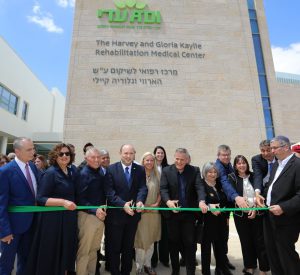

Good Health and Well-Being Revolutionizing Rehabilitative Healthcare – the New ADI-Negev Rehabilitation Hospital The COVID-19 pandemic has proved more than ever the importance of high-capacity
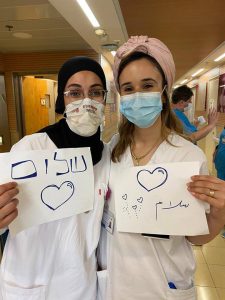

Good Health and Well-Being Equal Health for All – Truly Israel is world-renowned for its egalitarian healthcare system, consistently ranking among the world’s top 10


Good Health and Well-Being 7Chairs – Mental Health Therapy Done Differently With 3000 members, 120 facilitators and 580 groups, 7Chairs offers online workshops led by


Good Health and Well-Being SDG 3- Life Saving Innovation from Israel Inspires the US An Interview with Amichai Faran from Ready Responders “We bring same


Good Health and Well-Being Yad Sarah – Improving Healthcare services to the most vulnerable In Israel, healthcare is universal and a vital service that the


Good Health and Well-Being NUVO’s AI innovations, providing safety for mothers and their kin Nuvo, an Israeli start-up is determined to reduce the maternal mortality
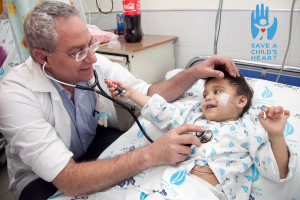

Good Health and Well-Being Save a Child’s Heart every 24 Hours Save a Child’s heart save the lives of critically ill children who are suffering


Good Health and Well-Being Leveraging Volunteerism Against COVID19 Israel is well into its second national lockdown due to the COVID19 pandemic, making it the first


Good Health and Well-Being Social Impact Under Corona – Part Two Read: Part One, Part Three, Part Four, Part Five,Part Six Inspiring stories of local


Good Health and Well-Being Top 10 Innovative Israeli tech for COVID-19 Here is a list of Innovative Israeli companies who are contributing to the combat


Good Health and Well-Being iSavta Puts the Heart in Elder-Care Tech The Israeli tradition of respecting one’s grandparents is time-honored, with many grandchildren and grandparents


Good Health and Well-Being Caring for its Elderly – A Hotline for the Golden Generation “You shall rise before the aged and show deference to


Good Health and Well-Being Wisdo – Sharing Wisdom and Experience Benny Gaon – the father of Wisdo CEO and cofounder, Boaz Gaon – was a


Good Health and Well-Being A New Israeli Lab to Fight Loneliness An Interview with Dr. Eitan Eliram , Co-Founder of Empathy & Loneliness Tech Lab
Developed for the Betterment of Humanity
